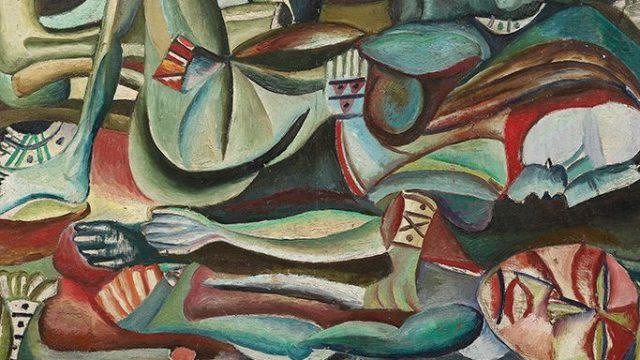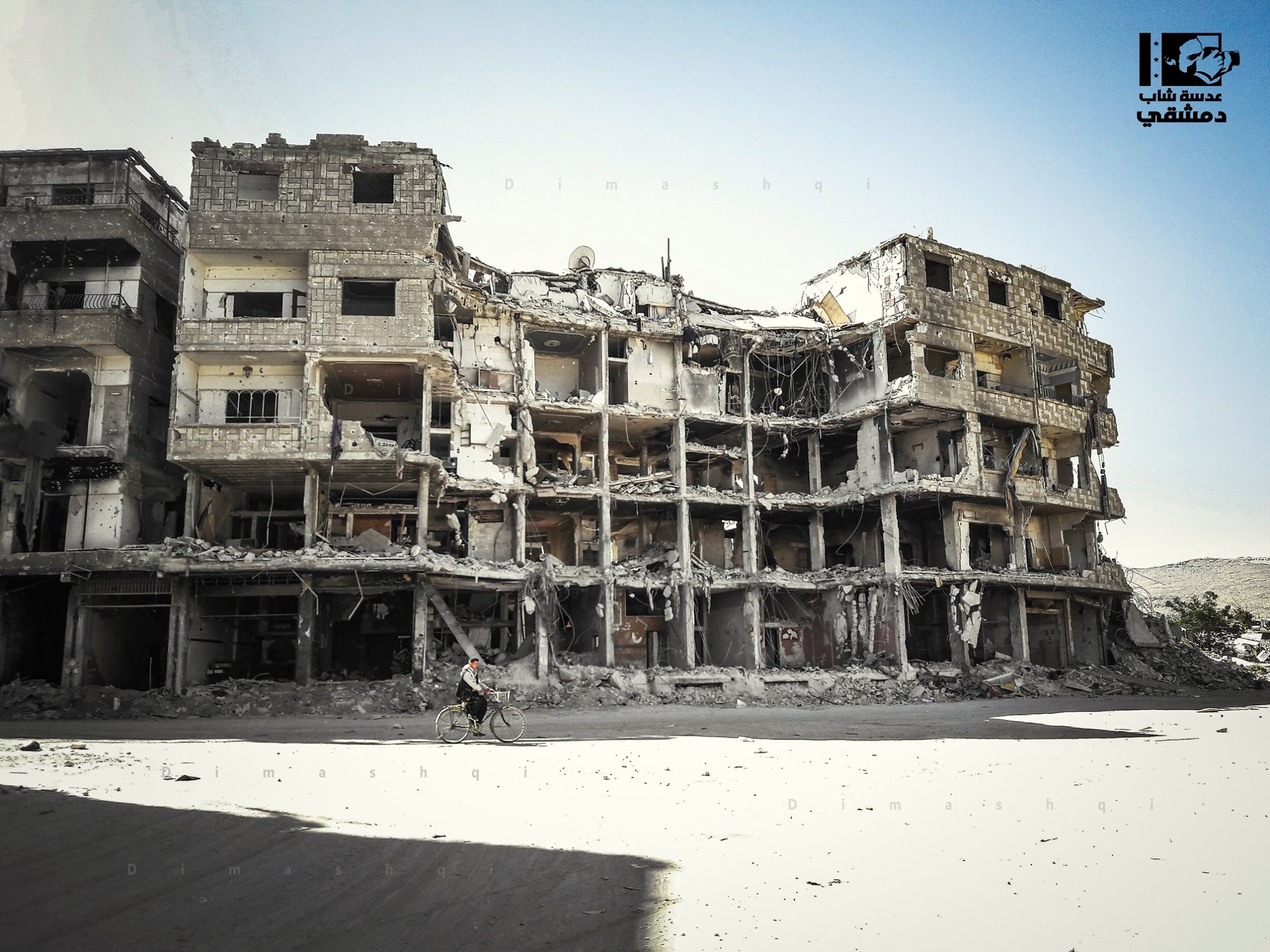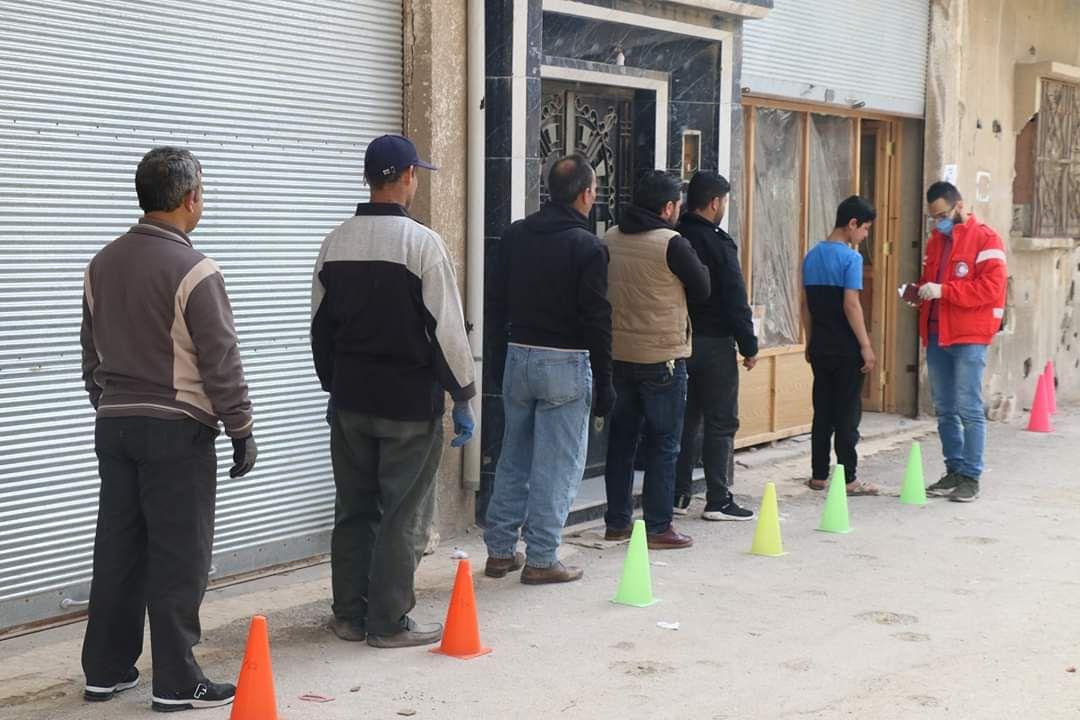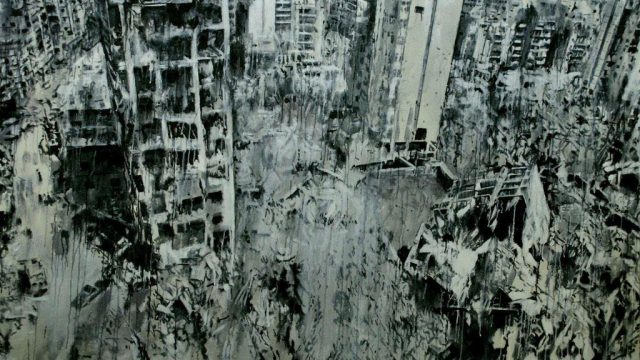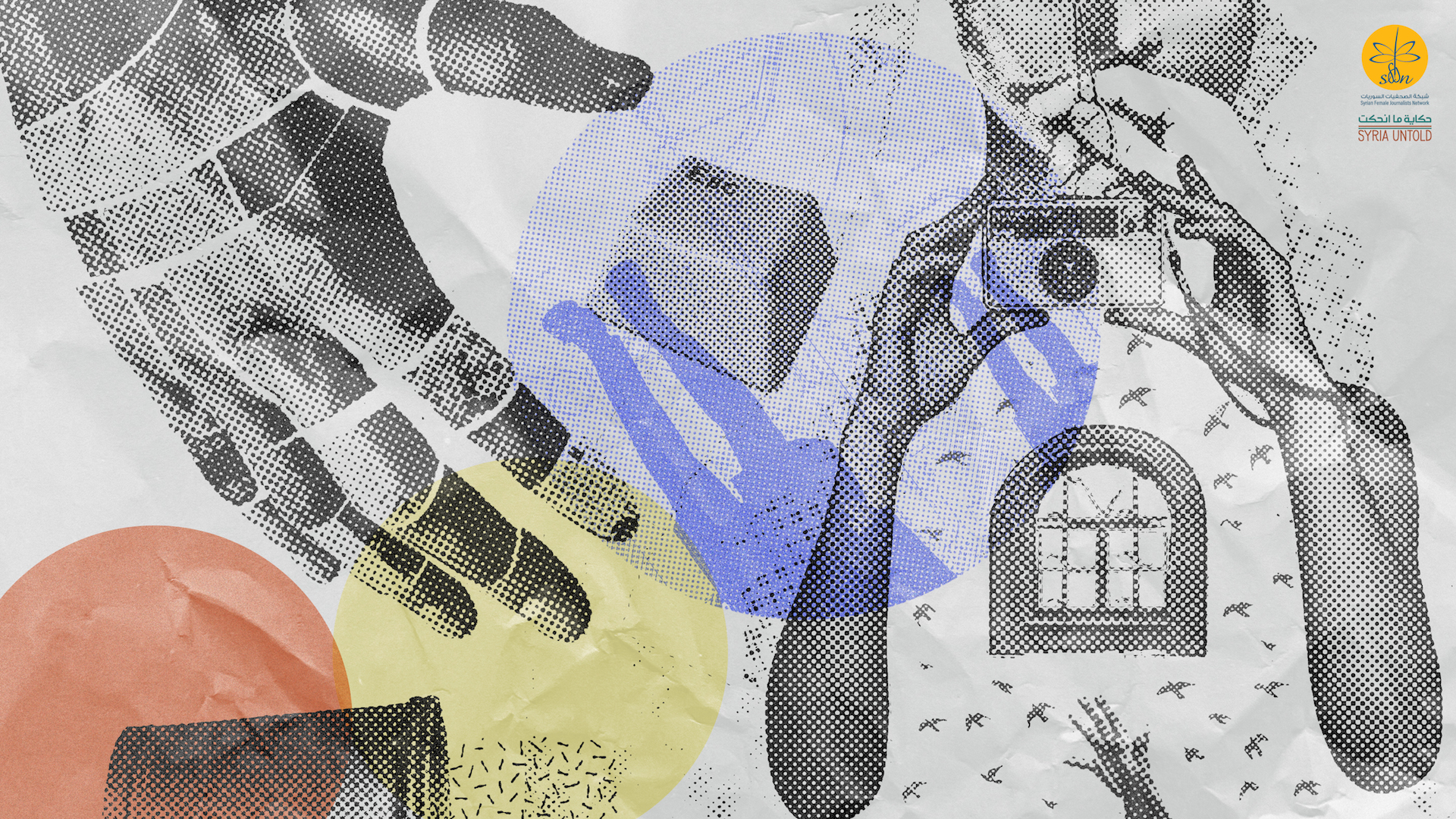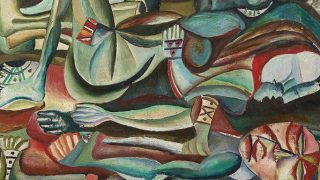In war-torn Syria, contact tracers are fighting against the odds (Wired)
“Doctors and aid workers in northwest Syria sounded the alarm early as the coronavirus spread like wildfire around the world. But for months, the region was spared, providing a cushion for a Covid-19 task force composed of local and international NGOs, and an army of contact tracers to prepare for the worst. In parallel with doctors treating coronavirus patients, these contact tracers – usually working as social workers and community health workers – have undertaken the herculean effort of trying to keep clusters of infections at bay.”
The civil war is threatening an ancient way of life in Syria (Al Jazeera)
“The few remaining Bedouin communities managed to resist the forces pushing them to settle and continued to make a comfortable living moving around the desert, raising mainly sheep. The Syrian civil war, however, has brought a new set of challenges for these communities, further threatening their traditional livelihoods and culture.”
Caesar Act: The Syrian people are sapped while Assad grows stronger (Atlantic Council)
“The son of an old elite family in Damascus recently boasted about how he has never had to stand in line for cooking gas, which is in very short supply during the winter. Ordinary citizens turn to cooking on wood while waiting for over two months for their turn to purchase a subsidized gas canister. Instead, he gets the canister from ‘an officer’ in exchange for a ‘gift.’ This is one example of many of how those targeted by the sanctions can end up benefiting from them, since they are able to utilize their access to limited resources to turn a profit.”
Syria: Health workers lack protection in pandemic (Human Rights Watch)
“Doctors, aid workers, and civilians, including in government-held Syria, told Human Rights Watch that the country is overwhelmed, with hospitals beyond capacity, health workers facing serious shortages of personal protective equipment (PPE), and with many of their colleagues and relatives dying after suffering Covid-19 symptoms.”
Children of the unknown (Al-Jumhuriya)
“This is the story of many children born to legally-unidentified fathers, and mothers who married foreign fighters, in a social and legislative environment that refuses to recognize such marriages, and in some cases even considers these children to be ‘terrorist bombs’ or ‘the fruits of extremism.’”
Raqqa, at the center of the universe
16 August 2020
For Syria’s opposition activists, Turkey 'best of the bad' (Al-Monitor)
“How did Turkey go from being a haven for Syrian oppositionists of all hues — one that welcomed nearly four million Syrian refugees, more than any other country — to the hell that a growing number are now seeking to flee? The reasons are multiple and intertwined; most are linked to the shifting dynamics of Syria’s nine-year-long civil conflict and to the dramatic changes within Turkey itself.”
First COVID-19 cases confirmed in Jordan camp for Syrian refugees (Al Jazeera)
“The UN refugee agency said on Tuesday it confirmed two coronavirus cases in the Azraq camp for Syrian refugees in Jordan, which is home to more than 40,000 people who have fled their country's civil war.
They are the first infections to be detected among Syrians living in refugee camps in Jordan.”
Syria battles forest fires for seventh day straight (AFP)
“Syrian firefighters and army helicopters Wednesday battled forest fires for a seventh consecutive day in government-held areas of the war-torn country, state media said.
Damascus ally Iran sent in a firefighting plane Wednesday carrying 40 tonnes of water to help fight the fires in the hilly woodlands of Latakia and Hama provinces, in northwestern and central Syria respectively, state news agency SANA said.”


